Havana, Cuba, June 13 (V7N) – A significant increase in mobile internet tariffs has ignited a rebellion among Cuban students, a scale of unrest unseen since Fidel Castro's 1959 revolution. The new pricing structure, implemented on May 30, significantly penalizes users exceeding a meager monthly data limit of six gigabytes with steep fees, and controversially, offers cheaper top-up rates in US dollars than in the local peso.
State telecommunications company Etecsa justified the increases as necessary investments in the mobile network. However, the move is widely perceived as a desperate ploy by the cash-strapped communist government to secure much-needed foreign currency.
Students have reacted with particular anger, arguing that the measure not only hinders their ability to stay connected but also deepens the economic divide between dollar-wielding "haves" and peso-dependent "have-nots." In rare scenes for the one-party state, students at multiple universities organized class boycotts, and student unions issued strong statements rejecting the reform.
Anxious to prevent a repeat of the widespread protests that shook the island in July 2021 over shortages of basic goods, the government has adopted a conciliatory approach. The Havana students' union this week announced the formation of a discussion group, including students, teaching staff from a dozen university faculties in Havana, and representatives from Etecsa.
However, on social media, students claim to be facing pressure from state security forces to conform. An unverified video shared online shows a medical student alleging she was threatened by a state security agent on campus with being taken to "an official place where you won't be able to use your phone."
The student-led protests have rapidly expanded into a broader mobilization against the subtle dollarization of the Cuban economy. Students at the University of Holguin's law faculty in eastern Cuba denounced the new mobile tariffs as "elitist and classist," asserting that the growing shift towards dollars undermines the principle of equal rights. Another viral video features a medical student from the University of Havana warning that the US currency is becoming the country's "flagship currency."
Opposition activist Manuel Cuesta Morua views the protests as a return to the kind of campus activism last seen in the 1950s, which shaped the revolutionary careers of figures like Castro. Today's students, he suggests, are spearheading "a revolution within the revolution," with their critiques of inequality echoing the "original discourse of a revolution that became militarized and more conservative" over time.
The dispute over internet fees unfolds against the backdrop of a widening two-speed society on the communist island, currently grappling with its worst economic crisis in three decades. Official figures indicate inflation surged by 190 percent between 2018 and 2023, severely eroding the peso's value against the dollar. Shortages of food, fuel, and medicine are widespread. Cubans who receive dollar remittances from relatives abroad generally fare better, with access to well-stocked dollar-only grocery stores and gas stations.
Tamarys Bahamonde, a Cuban economist at American University in Washington, describes mobile top-ups in dollars as "the last straw" for many. A joint manifesto from students across various Havana faculties clarified that their opposition was not "against the government nor the revolution but to specific policies that betray its (egalitarian) ideal."
For Bahamonde, this crisis underscores a widening chasm between Cuba's decision-makers and its citizens. In an attempt to appease the students, Etecsa last week offered them two monthly top-ups at the basic rate of 360 pesos ($3), compared to one for the general population. However, students rejected this offer, demanding that the benefit be extended to everyone. Activist Cuesta Morua sees this rejection as proof that young Cubans, rather than the government, have become the true voice of the people, asserting, "It is the students... who are representing the country's concerns."
END/WD/RH/



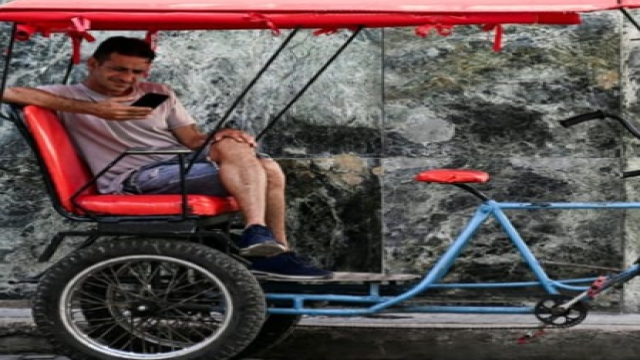
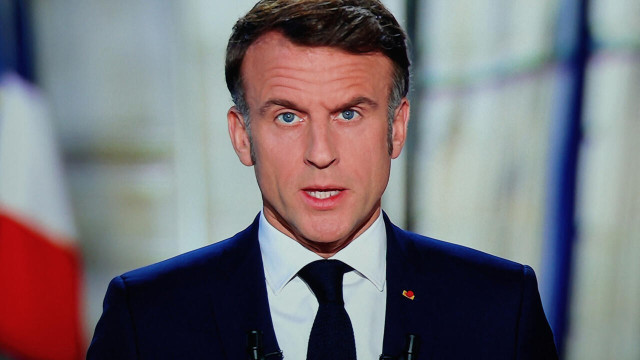

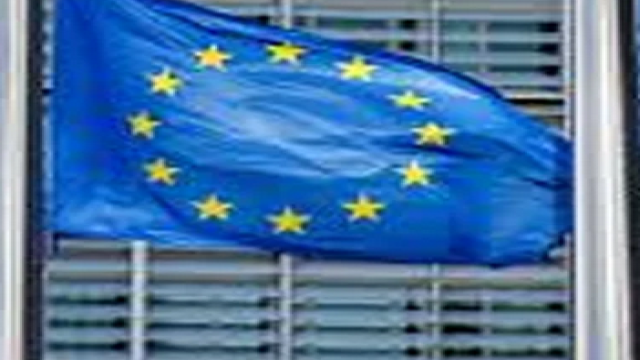




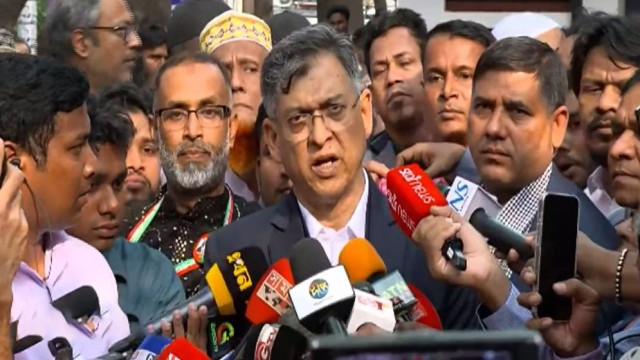
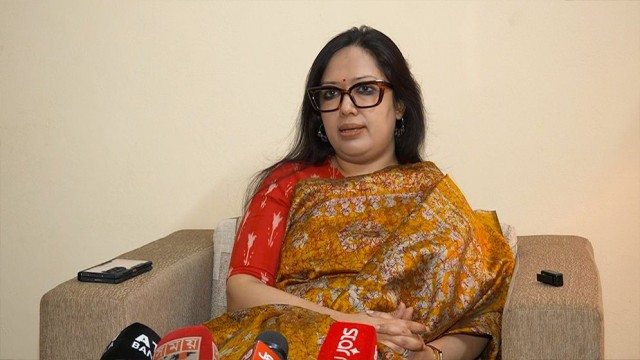
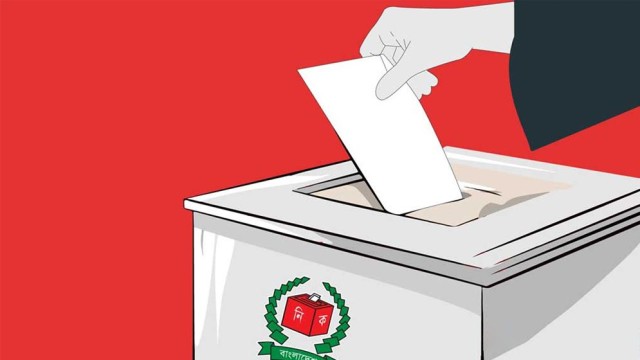
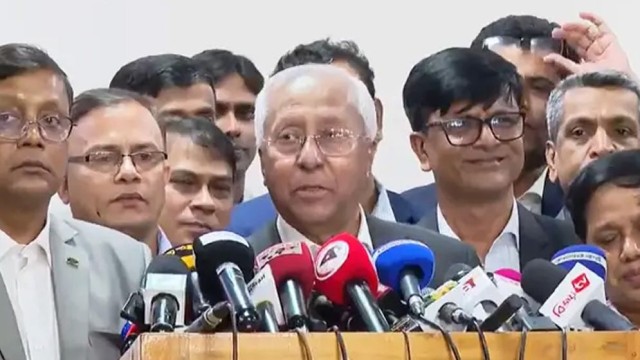

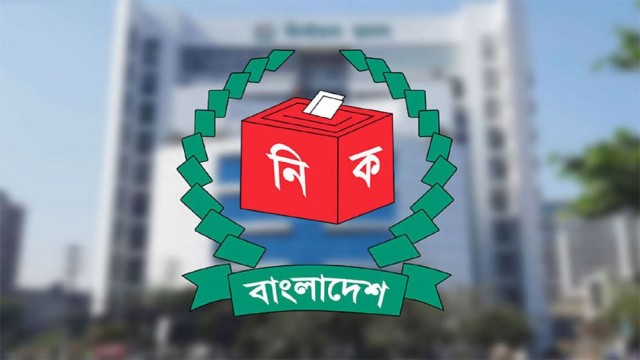
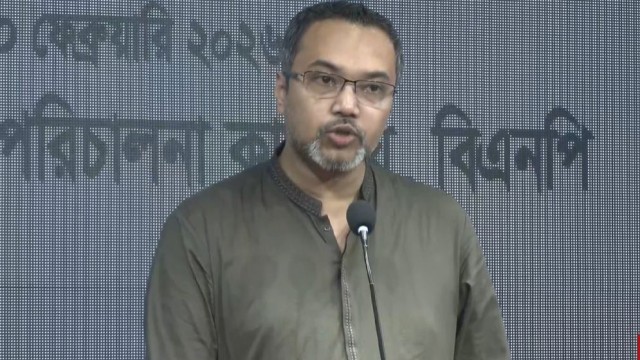
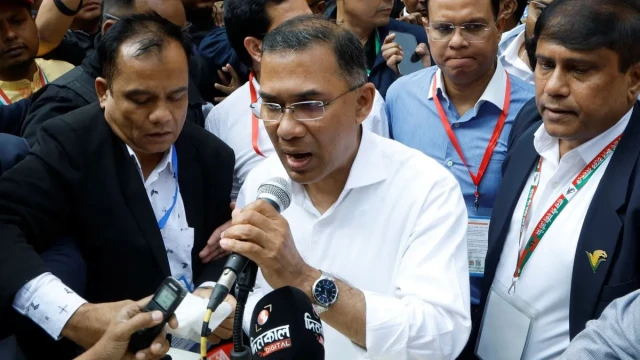
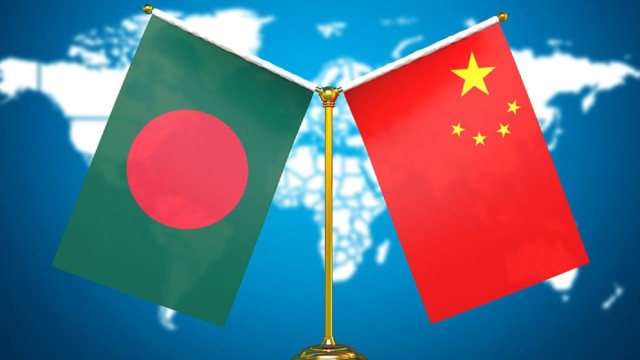











Comment: